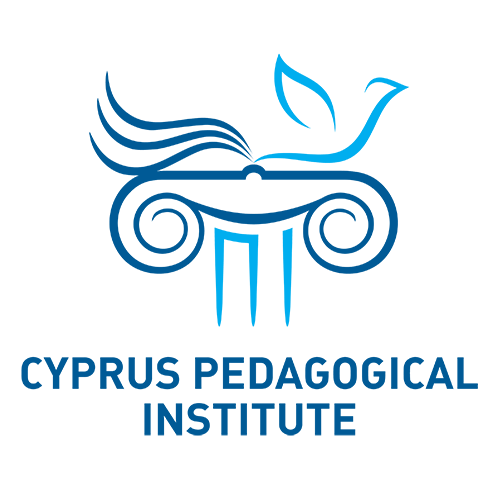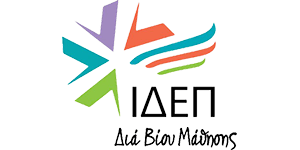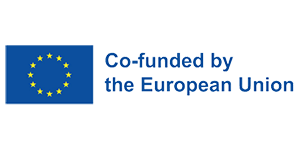Description
The COVID-19 pandemic had a tremendous impact on the delivery of education and training and highlighted the urgent need to use innovative and technology-based pedagogical approaches in teaching and learning while stressing the need to empower the digital competences of educators. Due to the fact that a crisis such as COVID-19 results in a learning crisis with a catastrophic impact not only for future generations but for societies as well, urgent actions must be taken to adopt novel and technology-based support tools that can strengthen educator’s skills and knowledge and promote the exchange of good practices ensuring the delivery of high-quality learning during crisis situations, such as a pandemic.
In light of these exceptional circumstances, the VRTEACHER project has the ambition to provide effective education responses related to educators’ training via using a novel VR-based pedagogical approach for virtual practicum. The project aims to address the need for modernization and digital transformation of teacher education and training and reinforce educators’ digital skills and readiness through a Virtual Reality (VR) training method and tool. The innovation of the project lies in addressing challenges related to class management in crisis situations, such as a pandemic, with the vision to equip teachers with key skills (e.g. empathy, perspective-taking, self-efficacy, adaptability, etc.) through immersive and experiential training experiences that reflect real-life scenarios and situations faced during a crisis.
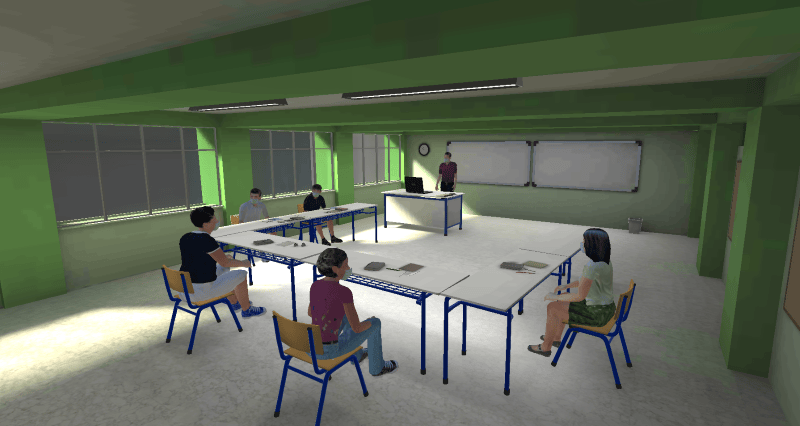
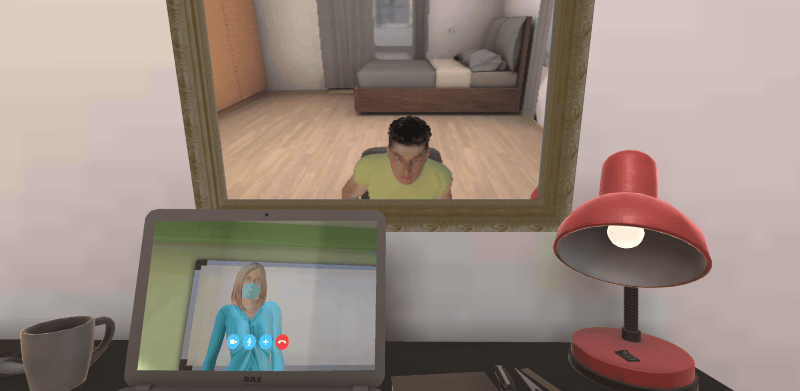
A VR-based approach is essential because access to training in real classrooms has several practical limitations (especially in times where spatial distancing is imposed) and runs the risk of harming real students. In addition to the practical gains in teacher training, the proposed immersive VR training tool could offer an alternative solution, a novel training paradigm to prepare educators and improve their personal and professional development, while offering highly motivating and engaging experiences. Equally important is that in a crisis-era like COVID-19, VR-based approaches are very flexible because they do not require the physical presence of teacher trainees. Hence, this flexibility of VR technology satisfies the current requirements and adaptation for social distancing but without downgrading teacher training.
The main target groups of the VRTEACHER project are pre-service student teachers (higher education students, Ph.D. candidates, etc.), and in-service educators/teachers. The proposed VR based approach can contribute to provide teachers a clear picture of the teaching profession clarifying their role within the school reality leading to their personal and professional development, can offer teachers the room for experimentation without the risk of harming real students, can offer teachers the opportunity to record their performance, reflect on it, and experiment maximizing their teaching performance. Most importantly, research findings indicated that the skills and knowledge gained during VR training can be applied to the real-life classroom, hence, VR-based teacher training offers a credible alternative to face-to-face training activities. Furthermore, within the proposed VR framework, special emphasis is given to inclusiveness and multiculturalism with the aim to promote the delivery of high-quality inclusive education and ensure that no student is left behind even during a pandemic crisis.
The results and intellectual outputs (IOs) which are expected by the project’s completion are:
IO1 VRTEACHER competence model framework for VR-based teacher training
This IO aims to
- analyze existing competence frameworks and identify teachers’ needs during the COVID-19 pandemic
- define a set of competences to be addressed within the VR training framework
- Deliverable: Competence model framework report for VR-based teacher training
ΙΟ2 VR based systematic approaches for teacher training
This IO aims to
- develop an online platform that will be connected to the VR tool, support teachers and promote and the exchange of good practices, and mentoring during the project but also after the end of the project
- customize the existing VR training tool
- Deliverable: VR application and manual
IO3 Evaluation framework and impact assessment tools
This IO aims to
- evaluate the effectiveness and impact of the training activities and the implementation of the VR tool
- identify proper evaluation methodologies, quantitative or/and qualitative tools, and indicators to investigate and identify the impact of the VR tool on the competences, skills, and knowledge of the in-service and pre-service teachers involved in the implementation phase
- development of impact assessment tools and analysis of the results
- Deliverable: Evaluation framework and impact assessment report
IO4 Developing best practice guidelines for VR-based approaches in teacher education
- this intellectual output consists of the best practice guidelines that will summarize the methodology and guidelines to promote the use of innovative VR-based approaches in teacher education
- Deliverable: Handbook of ‘Good practices for VR-based approaches in teacher education’
The Partners
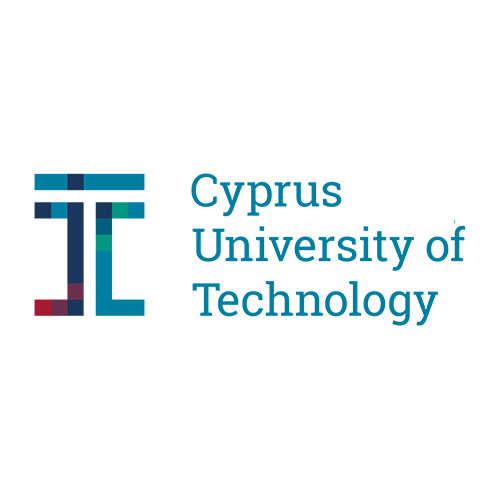
The coordinator of the project, Cyprus University of Technology (CUT), has as its strategic target the design and development of research activities both within the University and in cooperation with other research Institutes in Cyprus and abroad. In less than 14 years of operation, the CUT has occupied high positions in three of the most well-known international ranking lists: Times Higher Education, QS and Shanghai. CUT aims at transferring knowledge (education) and producing new knowledge through basic and applied research in all the academic fields of the University’s six Faculties. CUT is constantly committed to promoting research excellence, and is internationally distinguished in this area, providing a total of 40 million Euros of external funding for 227 research programmes.
CUT participates in the proposal through the Social Computing Research Centre (SCRC – http://socialcomputing.eu/). SCRC is the multidisciplinary Social Computing Research Centre (SCRC) of the Cyprus University of Technology and addresses research and educational needs in the area of Social Computing (including cyber-security). The project coordination will be assumed by the Visual Media Computing Lab (https://vmc.cut.ac.cy/). The Visual Media Computing Lab carries out research in computer vision ,computer graphics, and Virtual Reality. Researchers from Microsoft Computer Games and Emerging Technologies Research Lab (GET Lab) also participate in the project (getlab.org). Moreover, CUT researchers involved in the project are also active in the CYENS Centre of Excellence (https://www.cyens.org.cy/en-gb/) that has extensive expertise and infrastructure related to Virtual Reality.
Official website: https://www.cut.ac.cy/
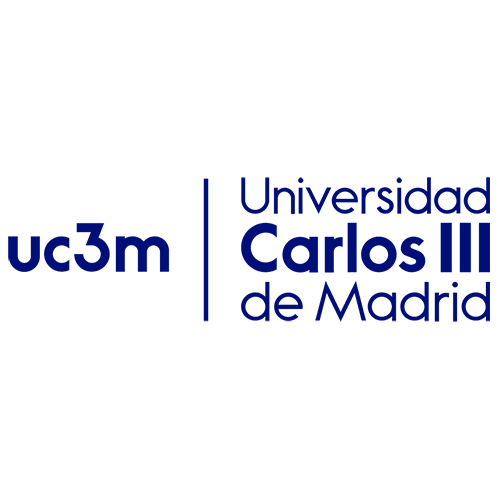
Universidad Carlos III de Madrid (UC3M) was established on 5 May 1989. Its mission is to contribute to the improvement of society through teaching of the highest quality and cutting-edge research in line with stringent international guidelines. All its activities are guided by the values of merit, ability, efficiency, transparency, fairness, equality and respect for the environment.
VRTeacher project is carried out by the Interactive Systems Group (dei.inf.uc3m.es) whose members have been researching in the use of ICTs to improve teaching and learning since 1995. Most current research on learning technologies is focused on the use of virtual, mixed and augmented reality to support relevant use cases and to develop end-user tools and customizable interfaces that make it possible to create immersive experiences that can be adapted to accommodate users’ needs and contextual requirements. Other areas of research include ubiquitous computing, interaction design, multisensory interactions, semantic modelling and data visualization.
Official website: https://www.uc3m.es/
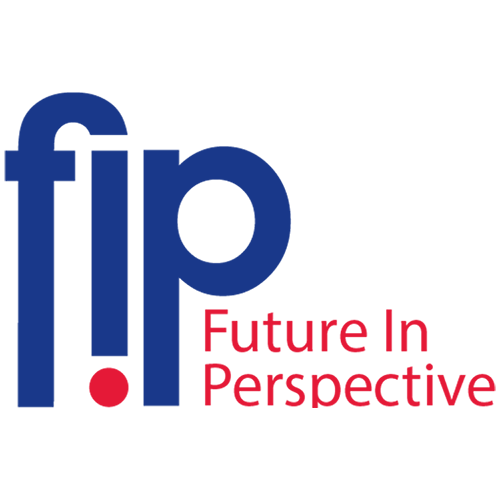
Future In Perspective Ltd. is a private company based in the border region of Ireland specialising in the areas of education and e-learning, media production, strategic planning and business development and evaluation. Through our work on national and EU funded projects, we have engaged and supported local youth groups, migrant communities, older persons, and individuals who have been absent from education to re-engage with service providers and mainstream education and training offerings. We also have expertise in supporting businesses in niche markets such as the creative, cultural and green sectors to develop sustainable business models. In addition, we have collaborated with young people and adults to deliver a range of diverse programmes in the areas of media production and career management – supporting the next generation of creative individuals to build and sustain successful careers in the sector.
Official website: https://www.futureinperspective.com/
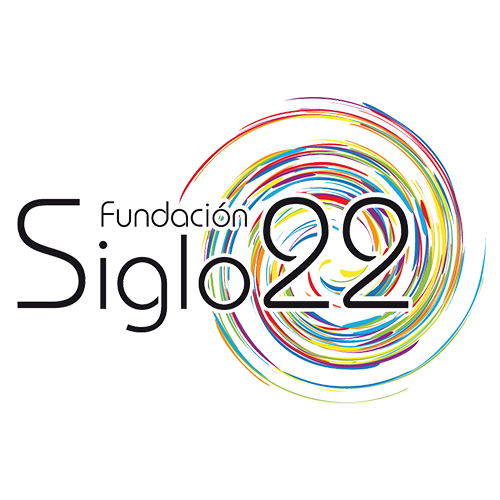
Fundación Siglo22 is a non-profit organization that operates throughout the national territory under the Protectorate of Foundations of the Ministry of Education. The purpose that define the work of our Foundation are as follows:
- Develop programs and projects that facilitate the integration of information and communications technologies into education system.
- Improving gender equality and creating programs to improve equal opportunities through information and communication technologies.
- Develop programs and projects related to learning and the creation of shared knowledge networks.
Motivated by the need to improve the education system and gender equality deficiencies, in early 2011 an initial group of three professionals decided to start Siglo22, this project was joined by three other professionals in the field of education, gender equality, and technologies.
Our mission is contributing relevant experiences in education and society, which contribute to their steady improvement through innovation projects to foster learning and change.
Our vision is on the way to the creation of a continuing personal growth substrate supported by the constant search for innovation and cooperation, promoting equal opportunities among all people.
Official Website: https://fundacionsiglo22.org/
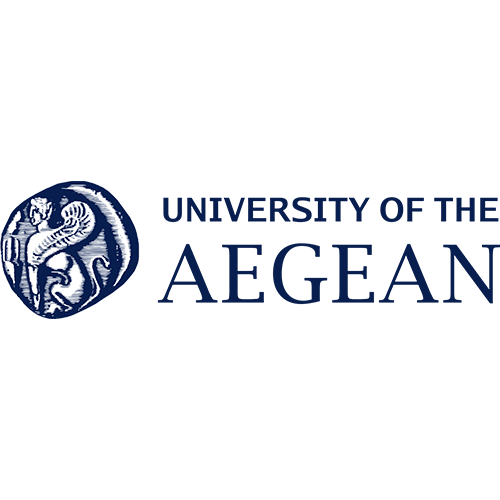
The University of the Aegean (UAegean) was founded in 1984 aiming to introduce new approaches in higher education in Greece and worldwide and to promote regional development. Situated in 6 picturesque islands in the Aegean Archipelago, the UAegean offers a unique natural, cultural and human environment for modern studies in the ancient cradle of knowledge.
From its earliest days, the UAegean challenged the prevailing limitations of the academic endeavor in Greece, both in terms of educational approach and in terms of organizational structure. These challenges were soon transformed into advantages which have culminated in academic achievements and the rapid development of the institution.
In less than thirty years, the UAegean has evolved into an international research –oriented University offering 18 undergraduate (BA or BSc) and 40 postgraduate (MA or MSc) programmes in modern interdisciplinary thematic areas such as environment, communication systems, cultural informatics, product design, food and nutritional sciences, education design and Mediterranean studies. In addition, the UAegean has established joined international postgraduate programs (i.e. in Biodiversity, Environmental Policy and Management, European Integration) as well as joined PhD degree programmes in a wide range of thematic areas.
The UAegean consists of five Schools and 16 Departments that offer 17 undergraduate (BA or BSc) and 28 postgraduate (MA or MSc) programmes in modern interdisciplinary thematic areas.
The UAegean has created a strong international academic and research profile, having been an active member of the European Universities Association (EUA), a founding partner of the Cremo network, member of the EMUNI Senate, partner in many academic and research networks and participant in more than 210 bilateral and LLP Erasmus academic agreements.
The UAegean has received consistently excellent feedback in evaluations that have taken place at national, European and international level, as a result of the study programmes offered by the institution and its competitive research programs.
Official website: https://www.aegean.gr/
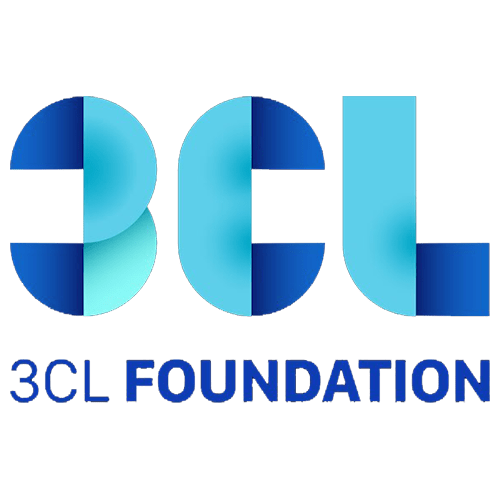
The 3CL Foundation (3CL) operates as a knowledge hub for a global network of groups, agencies, institutions, educators and activists interested in the rapid deployment of programmes for connected learning especially in the Commonwealth, the EU, Africa and Asia.
Based in Malta and founded with the Government of Malta as the main partner, 3CL takes a lead in connecting stakeholders on projects and opportunities of mutual interest. The International Advisory Board includes the Commonwealth of Learning, the Open University (UK), Creative Commons (USA), and the University of Lille (France).
3CL’s service portfolio includes: Knowledge Brokerage (matching stakeholder needs with wants); Applied Research (focusing on Small States, New Media Literacies & 21st century Skills); Accreditation & Certification of Online Learning; Open Education (focusing on grassroots advocacy & lobbying); & Inclusion & Equity through Digital Education.
Official website: https://connectedlearning.edu.mt/

